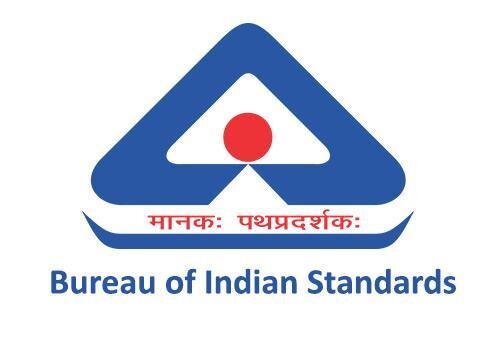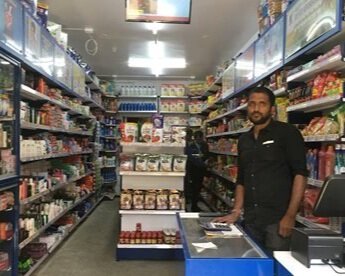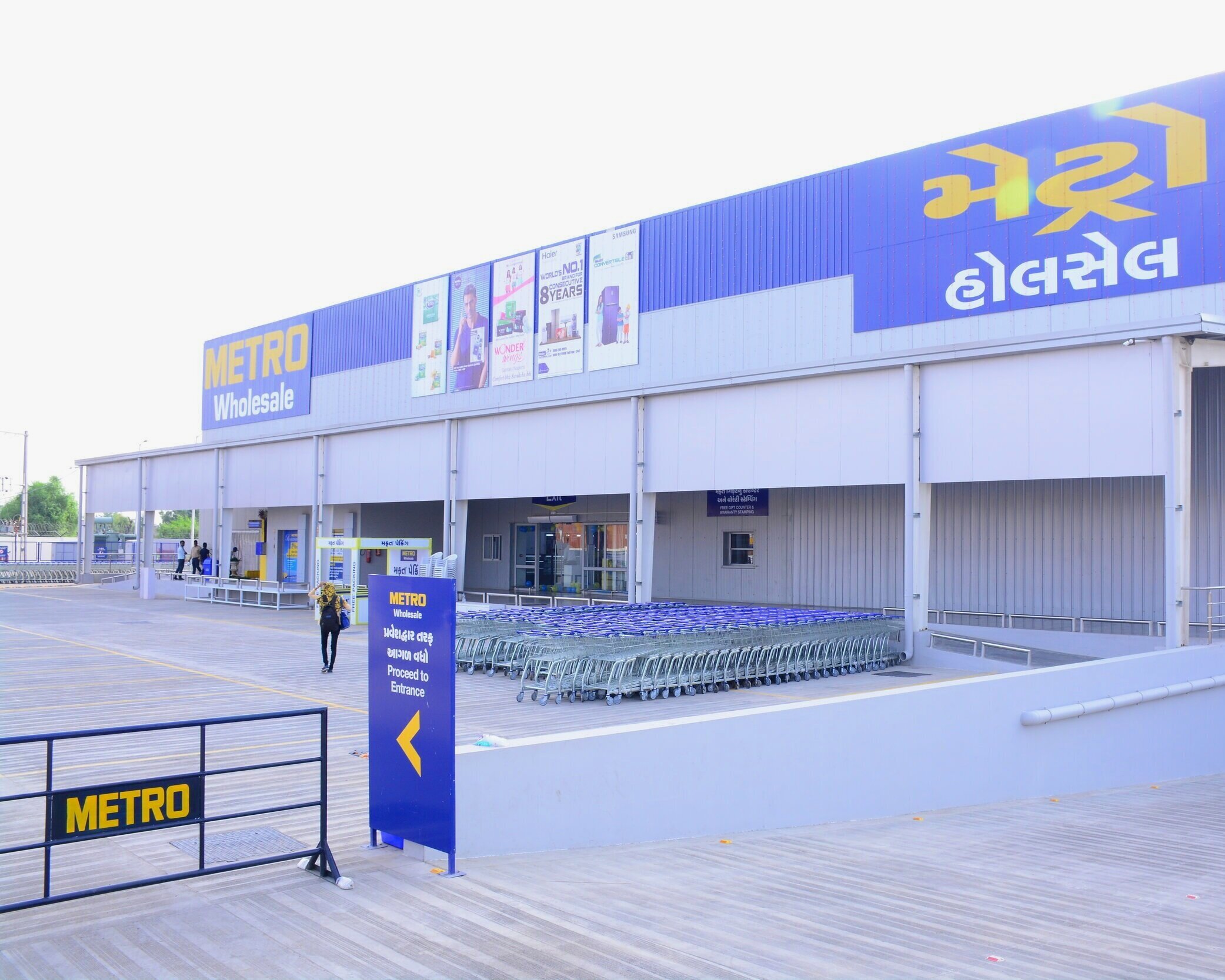Before you start importing or manufacturing your product in India, it is wise to check whether you need a mandatory BIS registration. This is a hallmark issued by the Indian government to guarantee the quality of specific products. There are registration options for around 900 products, but for more than 300 products BIS registration is actually mandatory. For example, foodstuffs, household electrical products chemicals, cement and steel. In this article, we explain what a BIS registration is and how you can obtain one.
What does BIS stand for?
The 'BIS' in BIS certification stands for the Bureau of Indian Standards, which is the national certification body of India. The bureau was established in 1986 with the aim of:
offer consumers safe goods of reliable quality
minimising health risks for the consumer
human, plant and animal safety
environmental safety
prevention of misleading commercial practices
promotion of a culture of quality through the application of good manufacturing practice
educating the industry in various aspects of standardisation and testing
promotion of exports and encouragement of import substitution
monitoring the distribution of plant species
minimising waste
The BIS Product Certification System is one of the largest in the world, with over 26500 licence holders for more than 900 products. BIS certification allows licensees to use the popular ISI mark on their product, which in India is synonymous with a quality product. Within the BIS Product Certification System, there are four different ways or 'schemes' by which producers can apply for registration depending on their product.
The four different BIS Certification Schemes
1. The normal procedure for domestic manufacturers
The applicant must submit the BIS certification application with the required documents and the required fee. After submitting the application, a preliminary factory assessment is carried out by a BIS employee. Subsequently, samples are tested at the factory and samples are also taken for independent testing in an external laboratory. BIS certification is granted if the samples meet the standards. Under this method, BIS certification is expected to be granted within 4 months of the application being submitted.
2. Simplified procedure for domestic manufacturers
In the simplified procedure, in addition to the documentation required for the BIS registration, the applicant must also enclose a test report of a sample by a laboratory recognised by the BIS. If the test report is satisfactory, an inspection of the factory site is carried out by a BIS employee. The BIS certification is granted if the verification by the BIS officer is sufficient. With this method, it is expected that the licence will be granted within 30 days after submitting the BIS certification application with the required documents and the test report.
3. ECO Mark Scheme
BIS license for environmentally friendly products is granted under a scheme separate from the normal BIS certification process. Eco-friendly products must meet additional requirements to qualify for the ECO mark. However, the licensing procedure is similar to that of the scheme for domestic producers.
4. Foreign Manufacturers' Certification Scheme (FMCS).
Foreign manufacturers should apply for their BIS registration, if mandatory, through the FMCS. In addition, it is also possible to obtain the registration as a foreign manufacturer if it is not mandatory for your product.
Applying for a BIS registration through the Foreign Manufacturers' Certification Scheme (FMCS)
Over 300 products, ranging from air conditioners to aluminium foil, require foreign producers to apply for BIS certification. In addition, a mandatory registration is required for 49 electronic & IT products that are not on the standard list, because the application for that certification does not go through the FMCS. More about this specific application can be found here.
To obtain the BIS registration, you first need to apply to the BIS and pay the application fee for registration. Please be aware that a separate application is required for each product. The application to the BIS can be done by two entities:
Your Indian liaison or branch office (as long as it has all the rights of the Reserve Bank of India to file an application)
A legally appointed agent in India
It is highly recommended to choose the second option. The process starts with a lot of paperwork in which you have to demonstrate how the quality of the product is guaranteed. It has to be explained on paper exactly how the production processes work, from the purchase of the raw materials to the ways in which the final product is tested. Only a local expert with specific experience in applying for BIS certification for international companies will understand how everything needs to be documented and submitted. If you place this task with your local entity and they start without experience, you are bound to experience a delay of several months.
Once your representative has submitted everything, your application will be examined by the BIS. If it is found to be complete, your application will be officially registered. A visit to your production facility is then scheduled with your Indian representative. The costs for this visit are at your expense and include working days, travel and accommodation expenses and the BIS employee's daily allowance. During the visit, the inspector will check the following items:
Whether your production process and your testing facilities meet Indian standards
The competence of your permanent test staff
Whether samples of your product meet the requirements of the Indian standard.
The BIS inspector does not only carry out tests on site, but also takes samples which you must have tested by an external BIS-approved laboratory in India. The costs for these tests are also for you.
If the BIS considers the results of the inspection sufficient and the independently tested samples also meet the Indian standard, you will receive your BIS registration. Your representative must then sign the terms of the BIS agreement. This means that you are willing to comply with the Scheme of Testing and Inspection (STI) and will pay the annual minimum marking fee and the licence fee.
Minimum marking fee and licence fee
You have to pay the annual minimum marking fee (amount depends on your product) and the licence fee (₹1000) once the BIS registration is granted. Thereafter, you may pay the marking fee either quarterly or annually. A BIS licence is normally granted for the duration of one year, but extension options of up to 5 years are available for most products.
The renewal process is much simpler than the initial BIS registration as it does not require a visit to your facility. When applying for a renewal, you must submit the following documents:
Renewal form
Production details of products marked ISI
Extended bank guarantee (six months longer than the validity of the licence)
Proof of payment of the marking fees
No Objection Certificate
It sometimes happens that the code of your product indicates to customs that a BIS registration is required, but this is not the case. It also happens regularly that customs confuses products that are "similar" to your product and fall under the "mandatory certification". Your product is then detained by the authorities, leading to considerable delays, and you may even be fined.
In order to prevent this, a special "No Objection Certificate" (NOC) can be requested from BIS, which proves that the material is not subject to "compulsory certification". BIS checks on a case-by-case basis, using test reports, product specifications, declarations and other evidence, whether a NOC is applicable. However, the fee for this certificate is limited. It takes approximately two months to obtain an NOC. A NOC is issued for every import of the same product and must be presented together with the cargo documents.









